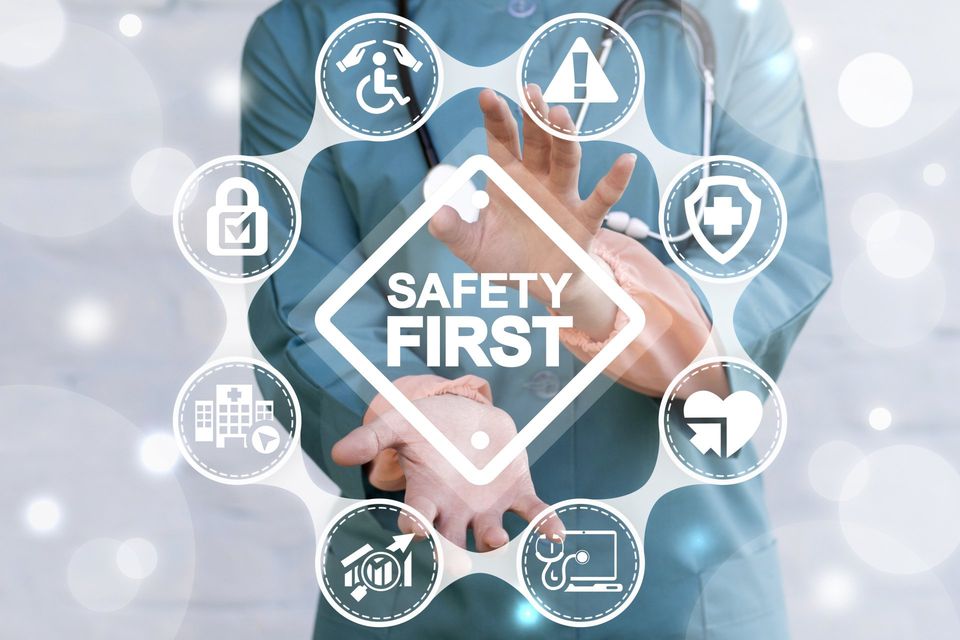Furnace Safety For Homeowners

Modern gas furnaces have safety features that shut the furnace off when there's a problem with carbon monoxide, a deadly by product of the combustion process. If you aren't sure what safety features your furnace has, you can schedule a furnace maintenance and ask a qualified technician. Here are more furnace safety tips.
Operating Your Gas Furnace Safely
Your main safety concern with your gas furnace is carbon monoxide. Although a properly functioning gas furnace will produce small amounts of CO that are not generally harmful, it's important to monitor CO production so that you will know if it ever reaches the danger zone. CO monitors are your best defense against this hazard. Check CO monitors regularly to make sure batteries are working or that wires are connected, and that sensors are operational. Monitors five years old or older should be replaced. Mount monitors outside each bedroom.
When your HVAC tech checks your furnace, ask about the heat exchanger. Over time, small cracks can develop in this part of the furnace, from which CO may leak out. Also ask about the burners. The flame should burn blue rather than orange. Burners may need to be cleaned periodically.
Change your air filter as recommended, usually every 3 months minimum. Clean filters promote good airflow that helps your system heat more efficiently. It also keeps dust from circulating in your home.
- Keep obstructions away from vents, registers and the furnace itself.
- Always be sure the front panel door of the furnace is in place. Without the door, you can increase the risk of CO poisoning. Generally, furnaces won't operate without the door in place; however, if you have an older furnace, it may not have this safety feature.
- Keep anything combustible, including solvents, paint and gasoline, well away from the furnace.
- Keep your registers open. You're ductwork and furnace are sized and designed to work together. Closing off registers in the home increases the air pressure in the system causing long term operation issues.
For more on furnace safety.





